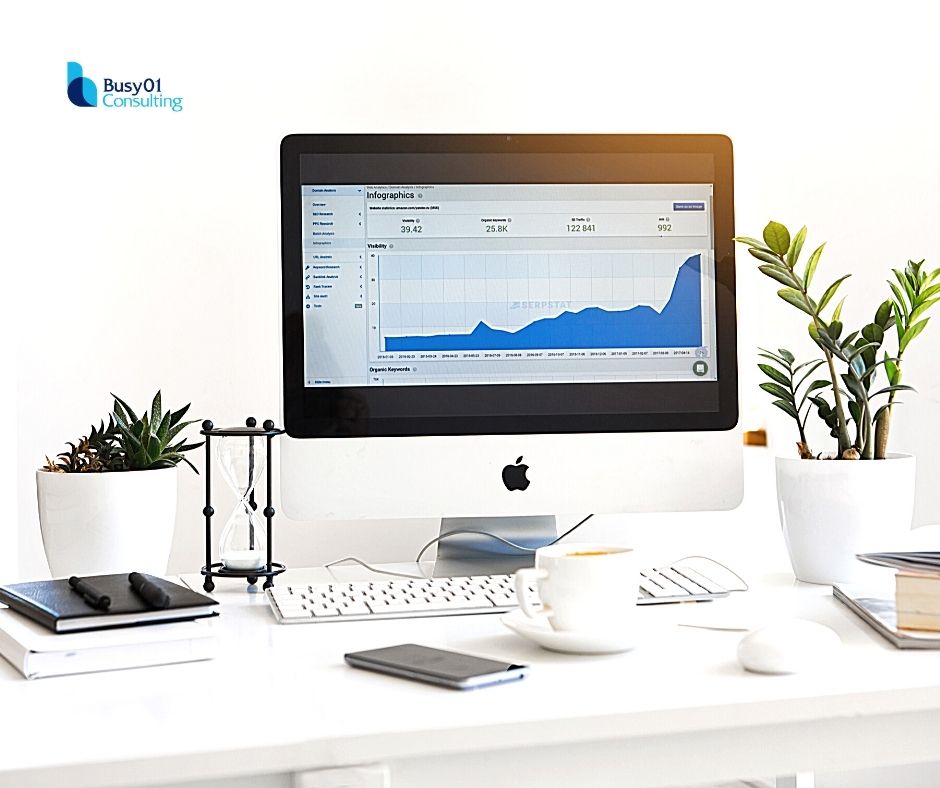
Making data meaningful for your business
Making data meaningful for your business
In today’s world the fast pace of business requires business owners to be able to react quickly to conditions.
This means having the ability to compile, analyse and act on data is increasingly important. Having access to your business data allows you to forecast and potentially identify trends and patterns before they emerge.
So, what is data?
When it comes to business, data includes the facts and figures that your business processes every day.
Over time, your business will obtain data.
For example, if your business is already using cloud software for bookkeeping and accounting, payroll, project management or CRM (customer relationship management), you likely have access to a goldmine of data. And that data gives you valuable insight into your sales, revenue and expenses, profit, payroll, and other business details that can help you make smart business decisions.
If you aren’t recording accurate data for your business, you can only rely on gut feel and assumptions about your business’ past performance to inform and guide your future business decisions.
It’s important to remember that your business data only becomes meaningful when it has context, relevance and purpose.
Data is only powerful if there is context
You want your data to be able to provide insight into answering these questions:
- What is your business goals?
- What is happening in the business now?
- What has influenced the past?
Is your data relevant?
With all the tools available for data collection it’s important to focus on what’s relevant to your decision making.
Make sure you know what data is necessary rather than what’s nice to have.
- Are your financials up-to-date?
- Are the right systems and processes in use for different parts of your business?
- Are your cloud systems set up correctly (and being used correctly)?
The worst thing you can do is to attempt to analyse irrelevant data and then make business decisions based on it! Make sure you’re collecting and looking at the data that’s relevant for your business.
Your data needs to have a purpose
Don’t forget what you’re collecting your business data for.
Focus on what truly matters and build from there.
- What data/numbers/information determines success for you?
- What do you want to understand most about your business?
We can accumulate, analyse, report and advise on your data; or show you the tools to use.








